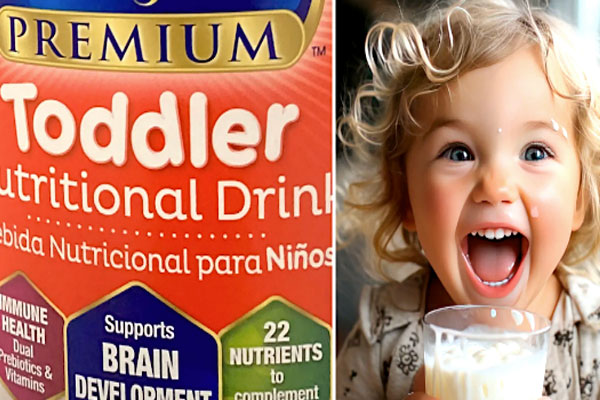SELL SELL SELL LIE –
April 2, 2024 – The U.S. government has repeatedly fought against advertising restrictions on these products around the globe.
These drinks, targeted to young kids, may promise unproven benefits like “improved brain development” or “improved immune function.”
If you’re a parent, you might have noticed toddler “milk” while browsing the formula aisle. The powdered drink, aimed at children between 1 and 3, often pledges benefits like “improved brain development” or “improved immune function.”
But you may not know that these products are largely unregulated and make claims that are not supported by science, according to studies. For this reason, among others, public health authorities around the world have long sought to police such advertising. Yet despite these efforts, toddler milk has grown to become a $20 billion global business. We found federal officials have worked for decades with the multibillion-dollar baby formula industry to mount a global campaign to suppress regulations such as marketing bans — often, critics say, at the expense of public health, particularly in developing countries.
Toddler milk, it turns out, is just the latest chapter in this long-running saga.
Below is a list of key questions and answers about baby formula companies’ business overseas and how the U.S. government has supported those corporate interests.



